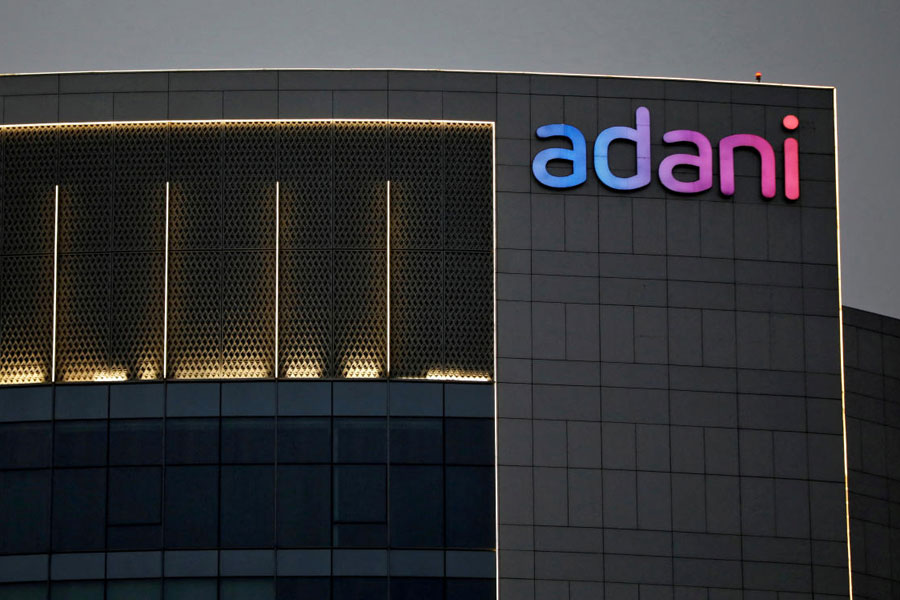 |
When Yash Chopra passed away, almost orchestrating a perfectly-timed exit on the eve of the release of Jab Tak Hai Jaan, the crude whisper was that it would prove to be a Pakeezah. Meena Kumari’s last big film in the 1970s had made a weak entry into cinema halls, the collections suddenly going up by leaps and bounds when the seriously ailing tragedienne died. Pakeezah, therefore, became a common noun for a film that turns out to be a blockbuster by riding a sympathy wave after the death of someone important associated with it.
If the filmmaker’s unexpected death gave a sentimental edge to Jab Tak Hai Jaan, paradoxically, just the news of Balasaheb Thackeray’s “death” blunted its box office collections at least for a day or two in Maharashtra.
The paradox continued in several ways. On the one hand, Yash Raj Films (YRF) was in mourning over its patriarch’s death because even the mandatory 40-day period was not over. Yet the studio turned uncharacteristically into a venue for a glittering premiere topped with a lavish dinner party. Uncharacteristic, because the last time the big banner held a premiere was nearly a decade ago when Veer Zaara was released. Yash Chopra liked a good old show-of-strength premiere that drew an impressive star turnout. So he must have been pleased up there when all the Khans and Bachchans and the dazzling Kaifs and Dixits trooped in for the premiere of his swan song.
Shah Rukh Khan was supposed to be the bereaved son for the fourth time in his life (first his father passed away, later his mother, then Yash Johar, now Yash Chopra). The pain of losing yet another “parent” was well camouflaged, I guess, when he partied on Diwali night and tracked the collections of Jab Tak Hai Jaan.
Perhaps this is what is meant by “the show must go on”.
The show must stay within the four walls of the film industry — that’s another principle that film people follow. And so when Ajay Devgn went public, and legal, with his grouse about the monopolistic business practices of YRF, the general opinion was that he should have privately sorted it out across the table instead of airing his grievance so publicly.
Years ago, when Vivek Oberoi had committed the “cardinal sin” of going to the media about the way Salman was harassing Aishwarya Rai, the film industry had closed ranks against him for not keeping the dirt within the house. Even if Devgn’s was a professional case, the feeling is still the same: don’t let the world know what’s happening inside the film industry. YRF has always been known to strong-arm theatres into hiking prices and reserving the best outlets for them. But you know, said the film trade, Devgn had no business bringing this “family matter” into the public domain. So when he lost his case, he didn’t really get any sympathy votes from his colleagues.
Ultimately, the question to be discussed will be, which is a bigger hit? Shah Rukh’s Jab Tak Hai Jaan which had both the sympathy factor working for it and the YRF muscle to give it a grand release or Devgn’s blatantly commercial Son of Sardaar?
The truth is, both films have their audience earmarked. Son of Sardaar clearly has the small centres and the North, especially Punjab, going balle balle over it while Shah Rukh’s hold over the NRIs continues as Jab Tak Hai Jaan is doing wonders Overseas (the capital “” is because it is a territory by itself in trade parlance), beating even Ek Tha Tiger out there.
Ah, that’s where the real comparison lies. With Ek Tha Tiger and Jab Tak Hai Jaan both rolling out in the same year from the same production house and starring a Khan each, these are the two films that call for a study. Both films also came with their share of flaws, an impossible length and implausible elements, and both took advantage of two popular Indian festivals, Eid and Diwali, respectively. It worked for both films but one quick look at the opening day figures in India would perhaps indicate the ultimate winner.
Ek Tha Tiger brought in a bumper collection of over Rs 30 crore on the first day itself. Jab Tak Hai Jaan has made over Rs 30 crore over two days. For the moment, it is clearly advantage Salman Khan.
Bharathi S. Pradhan is editor, The Film Street Journal










